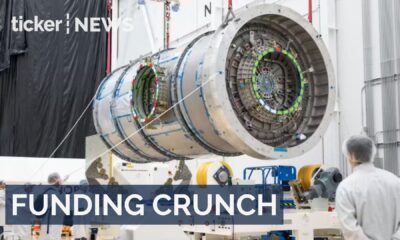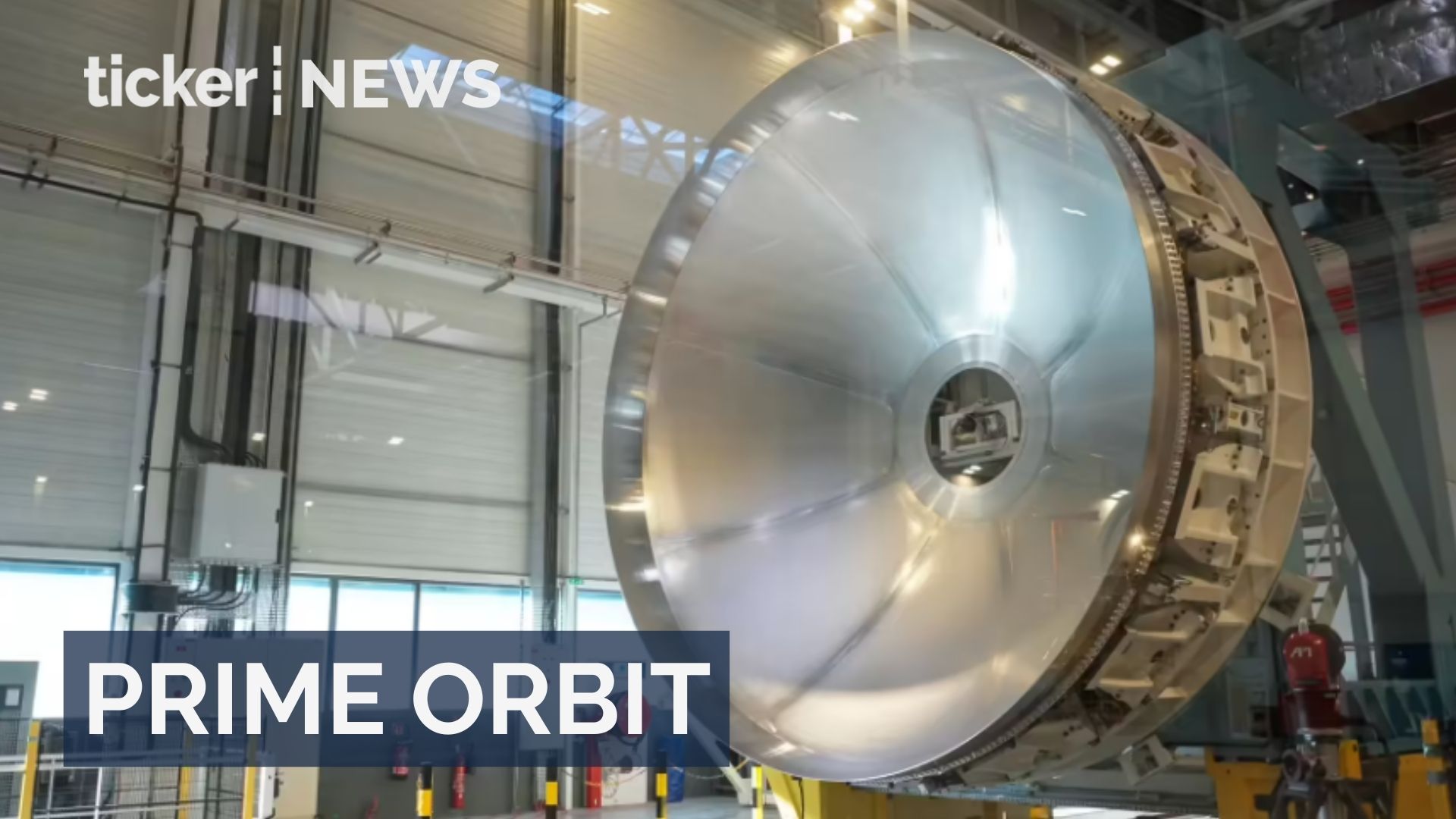Tech
Nintendo’s Switch 2 faces challenges from tariffs
Nintendo delays Switch 2 preorders due to tariffs, shifting production away from China to mitigate costs.

Tech
Ariane 64 takes flight carrying Amazon’s broadband satellites
Ariane 64’s maiden launch from French Guiana carries 32 Amazon satellites, starting 18 missions to enhance global broadband access.
Tech
SpaceX shifts focus to Moon with ambitious Lunar City plans
Elon Musk shifts SpaceX focus from Mars to a 2027 Moon landing, merging with xAI for AI satellite networks.
Tech
Claude AI is transforming software engineering and productivity
Anthropic’s Claude AI now manages coding tasks, boosting productivity by 50% as engineers shift to oversight roles.
-



 Ticker Views5 days ago
Ticker Views5 days agoLunar Gateway faces delays and funding debate amid Artemis ambitions
-



 News3 days ago
News3 days agoRussia bans WhatsApp and promotes state-backed messaging app
-



 Leaders4 days ago
Leaders4 days agoUAE and Saudi Arabia lead MENA’s gaming economy
-



 Ticker Views5 days ago
Ticker Views5 days agoSouth Korea introduces AI job protection legislation
-



 News3 days ago
News3 days agoAngus Taylor elected Liberal leader after decisive ballot victory
-



 Money3 days ago
Money3 days agoWall Street tumbles as tech stocks face AI disruption fears
-



 Ticker Views3 days ago
Ticker Views3 days agoRight turn ahead. But where are the Liberals really going?
-



 Money3 days ago
Money3 days agoU.S. stocks falling amid AI worries and weak earnings






